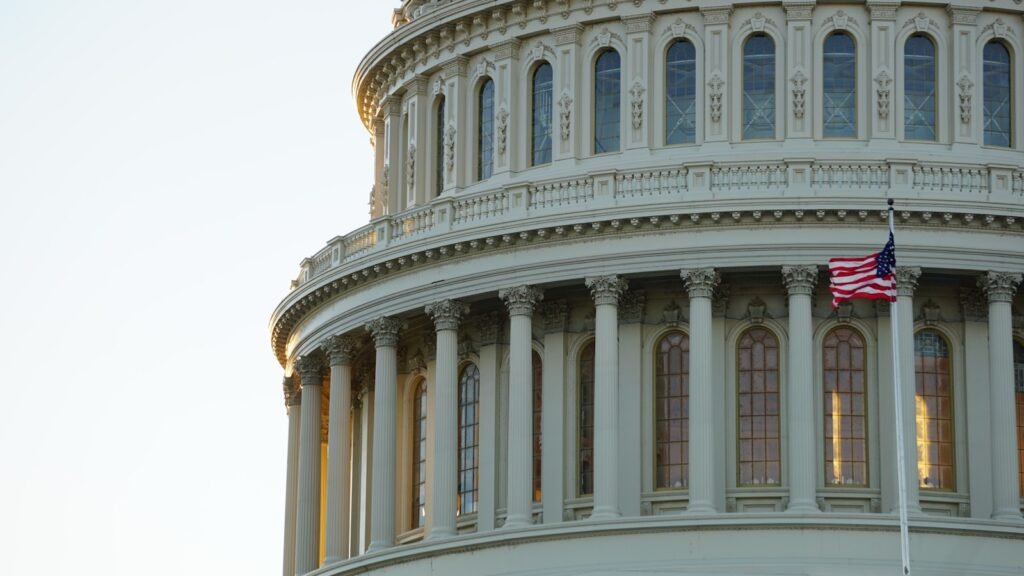November Market Review: Navigating Volatility and Economic Uncertainty

November’s market volatility reflected shifting risk appetite, delayed economic data from the government shutdown, and changing expectations for Federal Reserve rate cuts. Despite the uncertainty, markets and diversified portfolios largely stabilized by month-end, underscoring the importance of maintaining a long-term perspective.
Market Resilience Amid October’s Policy and Economic Challenges

Explore how financial markets remained strong and reached new highs in October despite challenges like a government shutdown, trade tensions, and shifting Federal Reserve policies, emphasizing the importance of long-term, diversified investing.
What Government Shutdowns Mean for Markets and Your Portfolio

Lawmakers are once again struggling to pass a federal budget, raising the prospect of a government shutdown. While such events can disrupt government operations and workers, history shows they’ve had minimal lasting impact on financial markets. Market stability tends to persist because shutdowns are temporary and don’t alter underlying economic fundamentals. For long-term investors, maintaining focus on strategy rather than reacting to political drama remains the best course of action.
What Bond Markets Are Telling Investors About Fed Rate Cuts

Lawmakers are once again struggling to pass a federal budget, raising the prospect of a government shutdown. While such events can disrupt government operations and workers, history shows they’ve had minimal lasting impact on financial markets. Market stability tends to persist because shutdowns are temporary and don’t alter underlying economic fundamentals. For long-term investors, maintaining focus on strategy rather than reacting to political drama remains the best course of action.
How Social Security Fits Into Your Retirement Strategy

Social Security has been a key part of retirement planning for decades, but demographic shifts and financial pressures are putting its long-term sustainability at risk. While the program is unlikely to disappear, future benefits may be reduced, making it essential to plan for retirement with diversified savings and not rely solely on Social Security. Strategic timing, tax planning, and staying informed about policy changes can help ensure a more secure financial future.
Understanding the Impact of the “One Big Beautiful Bill” on Investor Portfolios

Congress and President Trump have passed a sweeping tax and spending bill that permanently extends key provisions of the 2017 Tax Cuts and Jobs Act, including lower tax rates, higher standard deductions, and increased estate tax exemptions. While the legislation offers immediate tax benefits to individuals and businesses, it is projected to add $3.4 trillion to the national debt over the next decade. Investors should stay informed but focus on long-term financial planning rather than reacting to short-term policy changes.